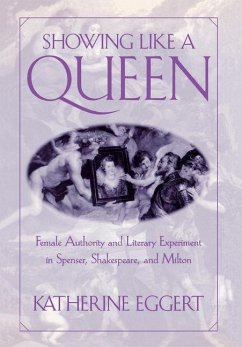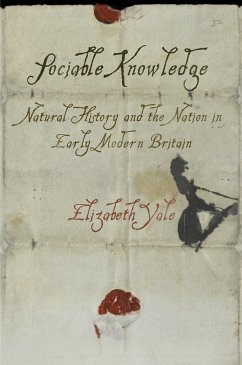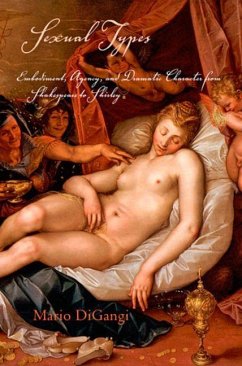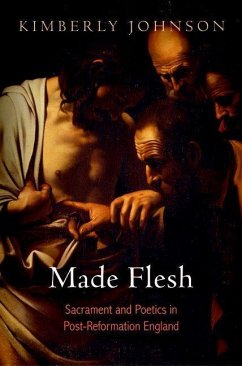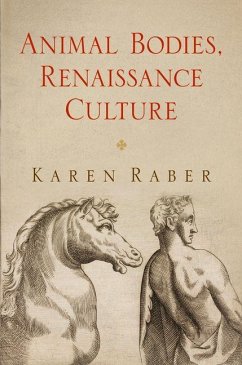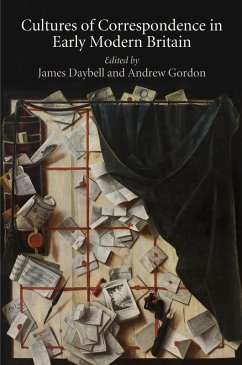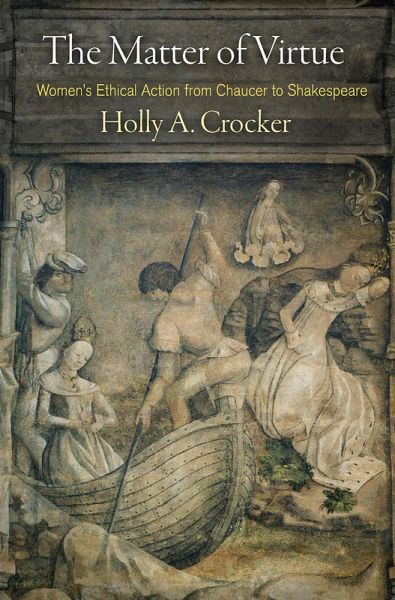
The Matter of Virtue (eBook, ePUB)
Women's Ethical Action from Chaucer to Shakespeare
Versandkostenfrei!
Sofort per Download lieferbar
50,95 €
inkl. MwSt.
Weitere Ausgaben:

PAYBACK Punkte
25 °P sammeln!
If material bodies have inherent, animating powers-or virtues, in the premodern sense-then those bodies typically and most insistently associated in the premodern period with matter-namely, women-cannot be inert and therefore incapable of ethical action, Holly Crocker contends. In The Matter of Virtue, Crocker argues that one idea of what it means to be human-a conception of humanity that includes vulnerability, endurance, and openness to others-emerges when we consider virtue in relation to modes of ethical action available to premodern women. While a misogynistic tradition of virtue ethics, ...
If material bodies have inherent, animating powers-or virtues, in the premodern sense-then those bodies typically and most insistently associated in the premodern period with matter-namely, women-cannot be inert and therefore incapable of ethical action, Holly Crocker contends. In The Matter of Virtue, Crocker argues that one idea of what it means to be human-a conception of humanity that includes vulnerability, endurance, and openness to others-emerges when we consider virtue in relation to modes of ethical action available to premodern women. While a misogynistic tradition of virtue ethics, from antiquity to the early modern period, largely cast a skeptical or dismissive eye on women, Crocker seeks to explore what happened when poets thought about the material body not as a tool of an empowered agent whose cultural supremacy was guaranteed by prevailing social structures but rather as something fragile and open, subject but also connected to others. After an introduction that analyzes Hamlet to establish a premodern tradition of material virtue, Part I investigates how retellings of the demise of the title female character in Chaucer's Troilus and Criseyde, Henryson's Testament of Cresseid, and Shakespeare's Troilus and Cressida among other texts structure a poetic debate over the potential for women's ethical action in a world dominated by masculine violence. Part II turns to narratives of female sanctity and feminine perfection, including ones by Chaucer, Bokenham, and Capgrave, to investigate grace, beauty, and intelligence as sources of women's ethical action. In Part III, Crocker examines a tension between women's virtues and household structures, paying particular attention to English Griselda- and shrew-literatures, including Shakespeare's Taming of the Shrew. She concludes by looking at Chaucer's Legend of Good Women to consider alternative forms of virtuous behavior for women as well as men.
Dieser Download kann aus rechtlichen Gründen nur mit Rechnungsadresse in A, D ausgeliefert werden.




